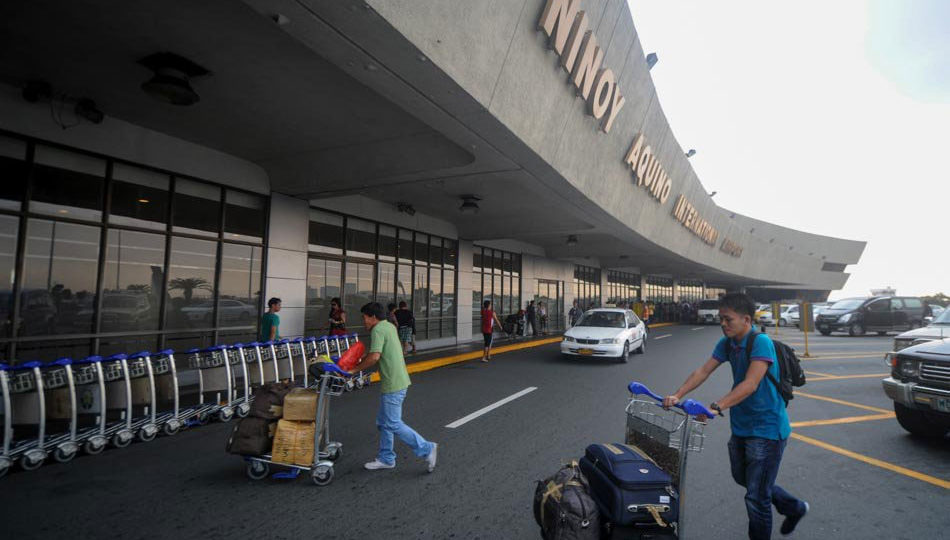Passengers coming in or flying out of Manila’s Ninoy Aquino International Airport (NAIA) were greeted with an unpleasant surprise on New Year’s Day: a widespread airspace outage led to a loss of connection at NAIA’s control tower, forcing several inbound and outbound flights to be put on hold.
Some 60,000 passengers were reportedly stranded at NAIA alone, as 282 flights were canceled.
On social media, stories about planes turning back to their country of origin after the Manila airport’s tower could not be contacted, as well as flyers waiting in terminals and on the tarmac for hours before being asked to offboard, flooded news feeds.
Twitter saw “NAIA” and “CAAP,” the latter referring to the Civil Aviation Authority of the Philippines, top trends on the website.
Social media users expressed their ire over the troubles they experienced from the mess.
Meanwhile, former senator Ping Lacson said that those proven to be behind diverting the budget for the air traffic control system to beautification projects “should spend their next holiday season in jail.”
Other netizens pointed out the timely coincidence between the fiasco and the Marcos Jr’s administration’s announcement that they were planning to pursue the privatization of the airport.
Transportation Secretary Jaime Bautista said in a press conference that issues with the airport’s power supply and power surge led to the airport chaos.
“The primary cause identified was a problem with the power supply and the degraded uninterrupted power supply, which had no link to the commercial power, and had to be connected to the other manually. The secondary problem was the power surge due to the power outage, which affected the equipment,” he said.
Bautista also said that the Communications, Navigation, and Surveillance/Air Traffic Management (CNS/ATM) system procured for NAIA was first introduced in 2010 but only implemented in 2018.




